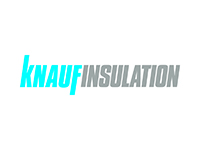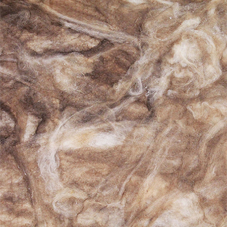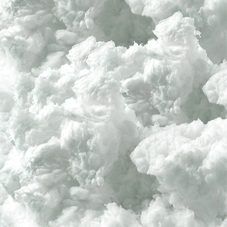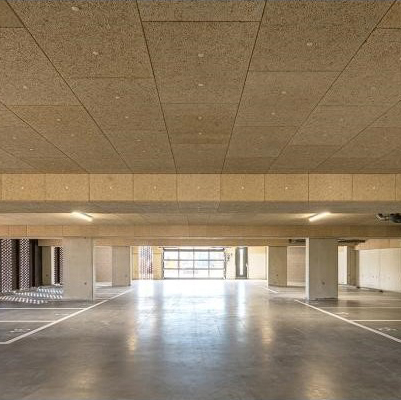A blog written by Knauf Insulation…
The saying ‘keeping up with the Joneses’ traditionally referred to neighbourly competition to have the best kitchen or latest car. This has gradually moved into extensions and loft conversions. But with the climate crisis penetrating public awareness, experts across the UK are tipping the need for a new model; one where having the most sustainable home becomes a status symbol.
There’s no escaping the effects of climate change – everything from flash floods to extreme temperatures both hot and cold have affected the UK.
The government has responded to the crisis with legislation, setting one of the world’s most ambitious targets to bring carbon emissions to net zero by 2050.
The introduction of the Future Homes Standard will ensure that new properties are compliant, while the new Green Homes Grant will start to address the energy performance of existing homes.
But given that there are currently 4 million rented social homes in the UK, 4.5 million rented private homes and 14.8 million privately owned homes, the task ahead is monumental. In fact, an article in the Financial Times reported that to meet the Government’s 2050 emission targets, one home would need to be refurbished every minute.
Legislation requiring landlords to upgrade the energy efficiency of their properties is already in place in the form of the Minimum Energy Efficiency Standards (MEES). This currently prevents landlords from granting or renewing a lease for properties with Energy Performance Certificate (EPC) ratings below E, however a consultation on raising this to a B by 2030 has took place.
This leaves the tricky subject of privately owned homes. The sustainability movement is gaining traction, particularly in the over 55s, who according to a survey by Aviva have made more green lifestyle changes than any other age group. Even so, it would be difficult for the government to force homeowners to undertake costly upgrades through legislation.
But there is another way. During the 2019 UK Construction Week exhibition, Chris Jofeh, Chair of the Welsh Government Advisory Group on the Decarbonisation of Existing Housing said that for homeowners to embrace the changes required, sustainability upgrades needed to be as socially desirable as installing a new kitchen. For that to happen, the retrofit offer needs to be more attractive to owner-occupiers, which is where the Green Homes Grant comes in.
In England, grants of up to £5,000 will cover up to two thirds of the cost of home energy efficiency improvements (rising to £10,000 to cover the full cost for low-income homeowners). Improvements are classified as primary measures, which includes insulation, heat pumps and solar thermal and secondary measures such as double or triple glazing.
Homeowners must install at least one primary measure to qualify for funding for secondary measures. This will complement existing incentives for the installation of heat pumps.
Properties with low EPC ratings are typically poorly insulated. As most of the energy used to heat (or increasingly, cool) our homes is lost through the roof and walls, it makes sense to improve insulation in addition to upgrading to a renewables heating system. The promise of lower energy bills will also help to drive take-up of the scheme.
While the Green Homes Grant is a good start, it will only increase the energy efficiency of up to 400,000 properties – a fraction of those that need upgrading.
The fact remains, without incentives, people tend to shy away from expensive home improvements unless they are absolutely necessary or extremely desirable. Installing insulation – arguably, one of the most effective ways to improve energy efficiency – made up just six percent of completed home improvement projects in 2019.
To meet the government’s targets, we not only need longer term incentives but a perception shift that sees a green home becoming the ultimate aspiration. Otherwise, sustainable private homes will remain the preserve of the few – and where climate catastrophe is concerned, that’s something that none of us can afford.
To view Knauf Insulation’s range of high-performance, sustainable insulation products, please visit here.
View Glass Mineral Wool Insulation Product Entry






